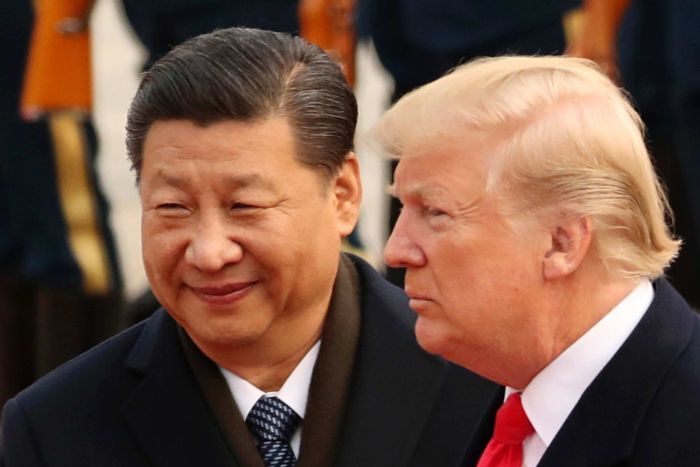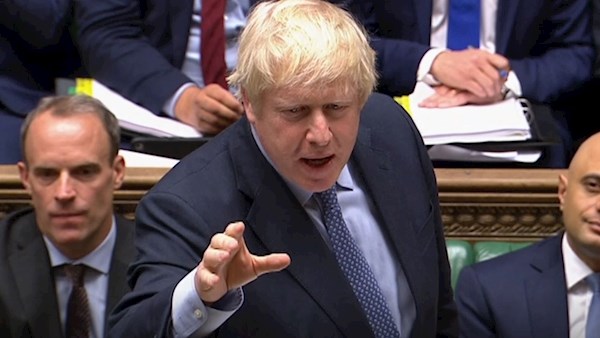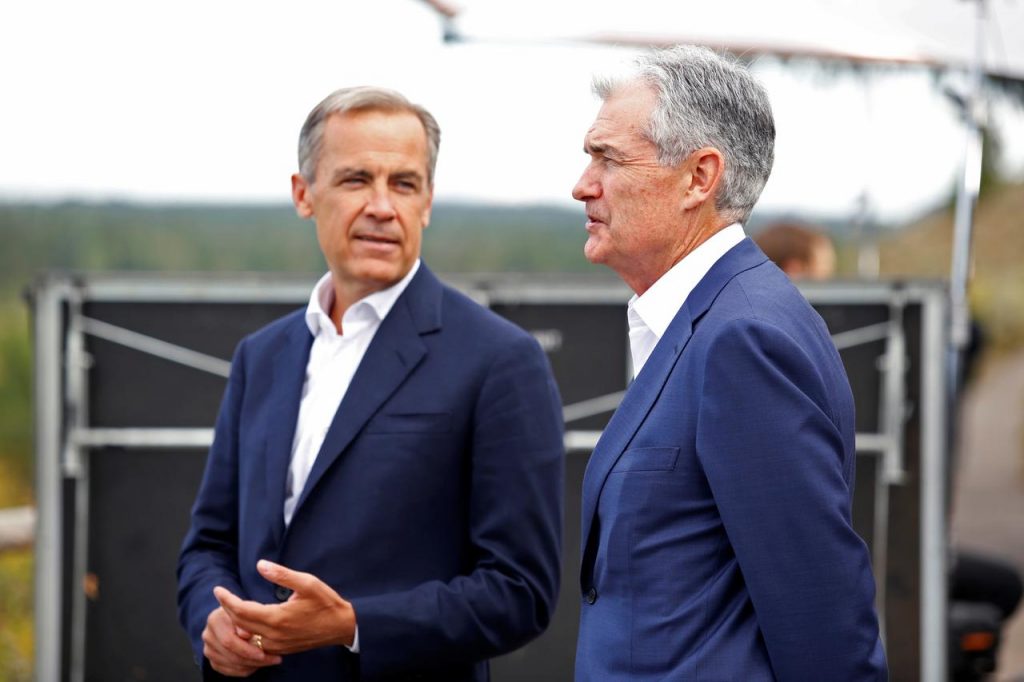Nationalism is rising globally with the best examples being Brexit and ‘The Trump’ effect. Economic failures have social effects as domestic households are impacted financially. This discontent is manifesting itself through Xenophobia. It is a difficult time globally given the economic malaise across numerous localities suggesting that this may spread (social contagion). The most likely remedy implemented will be populism both politically and economically. Economically, this is currently being manifested through Modern Monetary Theory like policies or fiscally in countries where monetary policy has limited wiggle room, but budget balance is in check.

The main concern centers on the failure to understand or accept that the current economic malaise filtering into the social space is a result of significant debt burdens accumulated globally over the last 30 years.

Negative rates, high debt and excess liquidity are key impediments to global growth
This appears to be an ensuing liquidity trap and if we are headed into a global economy of increasing negative interest rate instruments, excess liquidity amidst high debt, then it will remain difficult to generate growth conventionally. On the other hand, The suggested unconventional approaches such as Morden Monetary Theory (MMT) could have significant global inflationary effects.
The reason I say they could have inflationary effects rather than they will, is primarily based on the fact that Quantitative Easing (QE) and similar policies in Japan, Europe and the US over the last decade (longer for Japan) have not been accompanied by significant rises in inflation as consumer spending has not significantly risen (Hence the liquidity trap perception, particularly in the case of Japan).
Free trade is surely better than protectionism
Finally and most interestingly, conventional economic theory suggests that free trade is better for an economy rather than protectionism (e.g. the US China trade tariffs impasse effects are evident). This suggests that an economy is better off being open rather than self sustainable. The flip side of that, is that such an economy is highly exposed to factors such as trade, economic growth pulse and financial crises such as the 2008-2009 recession. If that is the case, then it can be agreed that the current global malaise is not trade but rather debt driven over years of financial and economic irresponsibility. Could the most likely defence mechanism for this be an attempt to delink an economy from others through the imposition of tariffs (protectionism)? With much certainty it can be said that the Trump administration is trying to achieve this.
Extract from the movie ‘Margin Call’
Let us review a piece of monologue by the character Sam Rogers in the movie ‘Margin Call.’

“I’ve been here all night, meeting with the Executive Committee, and the decision has been made to unwind a considerable position of the firm’s holdings in several key asset classes. The crux of it is, in the firm’s thinking, the party’s over as of this morning. There’s going to be considerable turmoil in markets for the foreseeable future, and they believe it is better that this turmoil begins with us. As a result, the firm has decided to liquidate its majority position of fixed-income MBS…today.”
Interesting times indeed.
Written by The Cynical Investor.

